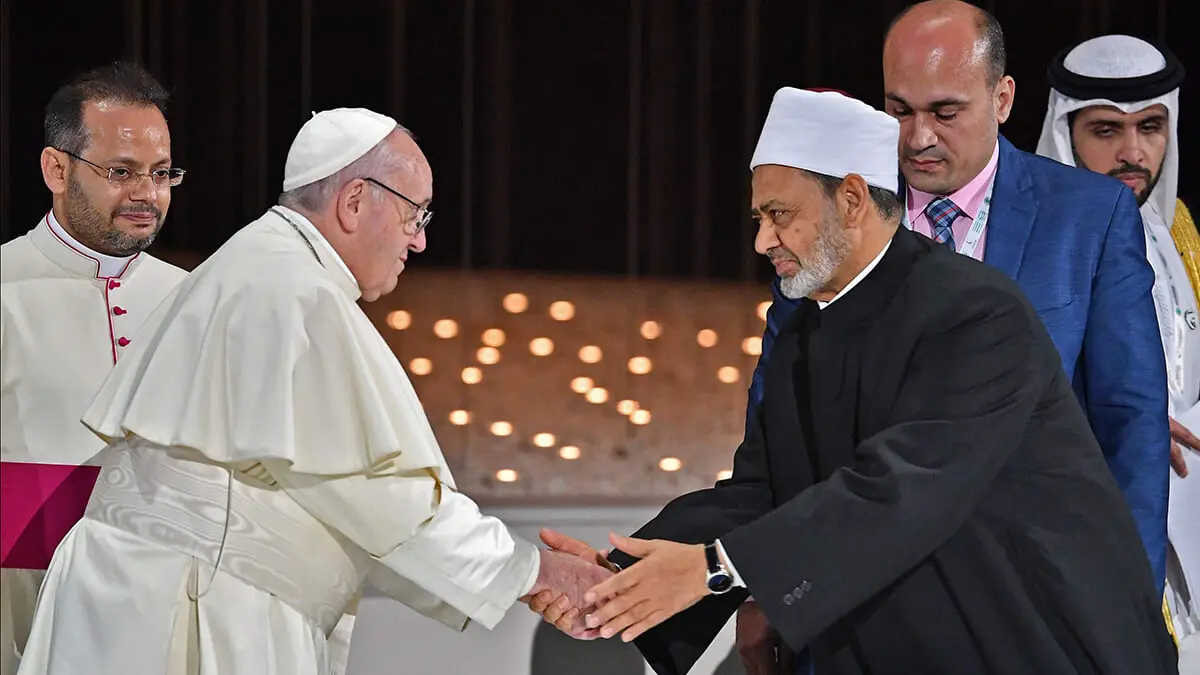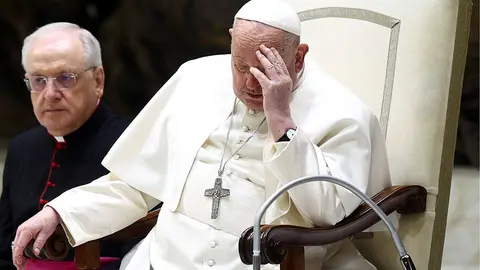Francis' interfaith dialogue

It is yet another demonstration of the value, influence and reality of the nearly 2 billion Christians in the world who, beyond religion, faith or spirituality, live every day with fundamental principles and values.
The change imposed by nature on the visible head of the Church is a demonstration of the popular power of Christianity that should occur more often, with no other aim than to reaffirm the need for peace, dialogue, tolerance, coexistence among all, respect for others, but with the firmness and conviction that allows for a civilisation and a way of life that is very dignified for all.
This is not a slogan or marketing ploy in a world where influencers and hucksters, as the Cervantes Prize winner Álvaro Pombo wrote, now have an incredible place. Francis was very close to the poor, defended immigrants and promoted discretion and austerity in his papacy, which has now been applied to his funeral.
Francis was a revolutionary figure in the Catholic Church, standing out for his openness towards the Islamic world and his active defence of human rights, justice and peace. This commitment remained until his last days. In his last Easter message, he called for a ceasefire in the Gaza Strip, the release of Israeli hostages held by Hamas and humanitarian access for civilians trapped by the war.
He distinguished himself through his leadership in interfaith dialogue, building bridges with the Muslim world. In 2019, he made history by becoming the first pope to visit the Gulf, where he signed, together with the Grand Imam of Al-Azhar, Ahmed El-Tayeb, the Document on Human Fraternity, a joint pledge to reject violence and promote coexistence, a vision he consolidated during his subsequent visit to Bahrain in 2022.
His trip to Iraq in 2021, which included a private meeting with Grand Ayatollah Ali Sistani, the spiritual leader of Shia Islam, was a milestone in interfaith reconciliation. Francis also welcomed Mohammed Al-Issa, secretary general of the Muslim World League, to the Vatican in December 2024, strengthening collaboration between Islam and Christianity on global issues.
Now, the Catholic Church is preparing to elect Francis' successor. Of the 132 cardinals who will participate in the conclave, depending on some cases of ill health that will prevent them from attending, 79% were appointed by Pope Francis.


